
The 1-year progression-free survival rate for patients in the BCMA/GPRC5D naïve RP2D group was 95.0% and across all dose levels it was 74.1%.

Your AI-Trained Oncology Knowledge Connection!


The 1-year progression-free survival rate for patients in the BCMA/GPRC5D naïve RP2D group was 95.0% and across all dose levels it was 74.1%.

Ruxolitinib shows promise in improving transplant outcomes for myelofibrosis patients by reducing GVHD incidence without compromising survival.
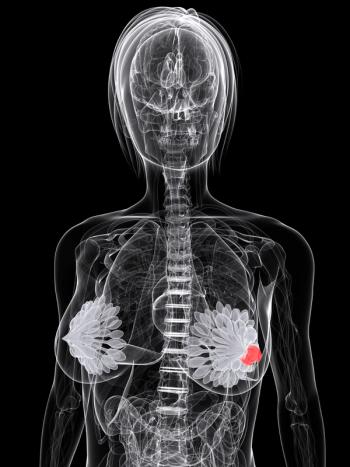
Palbociclib combination therapy elicited a progression-free survival of 44.3 months compared with the 29.1 months of SOC in HR+, HER2+ breast cancer.

Lisaftoclax with pomalidomide and dexamethasone elicited positive efficacy and safety outcomes in relapsed/refractory multiple myeloma.

Zanubrutinib maintained a PFS benefit at 5 years vs benadmustine and rituximab for patients with CLL/SLL.

Confirmed partial responses with firmonertinib occurred across a range of EGFR PACC mutations among patients with NSCLC in the phase 1b FURTHER trial.
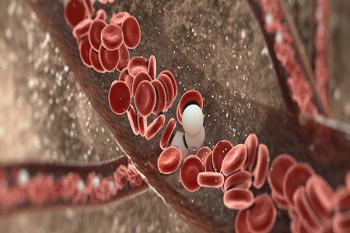
Patients with 1 prior line of therapy had improved outcomes on acalabrutinib compared with those who had 2 or more prior lines.

Data support subcutaneous envafolimab plus lenvatinib as a promising new therapy option in advanced endometrial cancer.
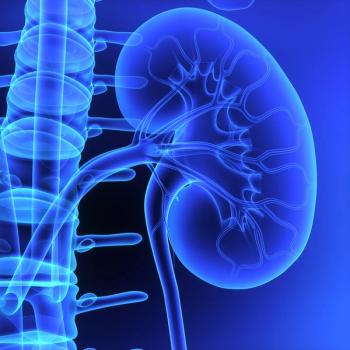
Treatment with DFF332 appears to be safe and tolerable across all dose levels, according to Sumanta Kumar Pal, MD.
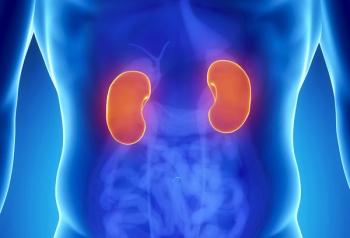
Lenvatinib plus pembrolizumab showed a 70% probability of greater OS benefit among patients with advanced renal cell carcinoma.

Combining capivasertib with fulvestrant improves time to deterioration compared with placebo plus fulvestrant among patients with hormone receptor–positive, HER2-negative breast cancer in the CAPItello-291 trial.
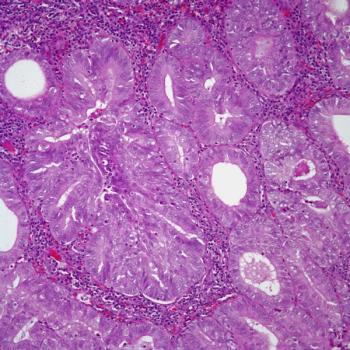
Data from the phase 3 KEYNOTE-775 trial support lenvatinib plus pembrolizumab as a standard therapy option for patients with previously treated advanced endometrial cancer.

The responses to epcoritamab plus rituximab/lenalidomide for patients with relapsed/refractory follicular lymphoma appear comparable between those with and without disease progression within 24 months of first-line chemotherapy in the phase 1/2 EPCORE NHL-2 trial.
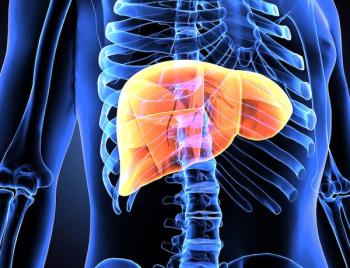
Patients with hepatocellular carcinoma treated from 2018 to 2021 experienced better outcomes than patients treated in the preceding decade, according to a recent study.

A potential efficacy benefit has been observed with lintuzumab-Ac225 plus salvage therapy for patients with relapsed/refractory acute myeloid leukemia.

Patients with operable, locally advanced triple-negative breast cancer experienced notable improvements in survival following treatment with neoadjuvant carboplatin plus sequential taxane-anthracycline neoadjuvant chemotherapy.
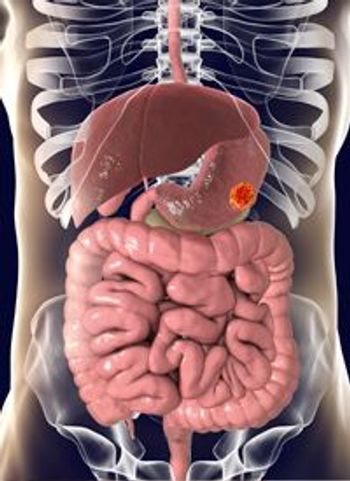
Patients with mismatch repair deficient (dMMR) colon cancer experienced a high rate of major pathologic complete response following treatment with nivolumab and ipilimumab for 4 weeks.
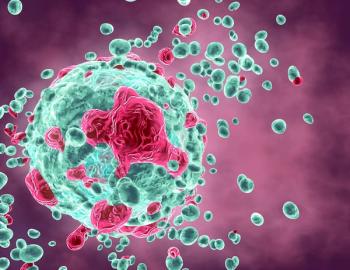
Results from the phase 3 CANOPY-A trial failed to show improved disease-free survival with adjuvant canakinumab in completely resected non–small cell lung cancer.

The phase 1/2 KRYSTAL-1 trial showed the use of adagrasib for KRAS G12C mutant-non–small cell lung cancer yielded results of positive intracranial activity and central nervous system penetration.

At a minimum follow-up of 3 years, an improvement in overall survival was seen in patients with metastatic non–small cell lung cancer treated with nivolumab and ipilimumab in combination with chemotherapy.
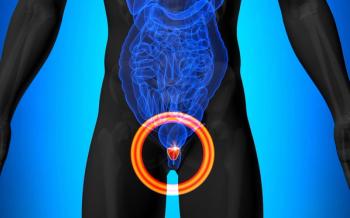
Results of the ENZAMET trial presented at 2022 ASCO continue to support use of enzalutamide in patients with metastatic hormone-sensitive prostate cancer.
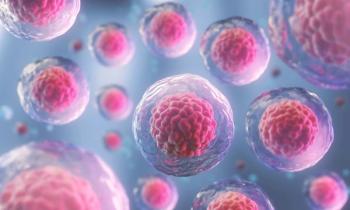
JSP191 plus fludarabine and low-dose total body radiation to target CD117 was a safe strategy to induce facilitation of full donor myeloid chimerism and clear minimal residual disease in older patients with myelodysplastic syndrome and acute myeloid leukemia receiving non-myeloablative allogenic hematopoietic cell transplantation.

Results of the phase 2 AURELIO-03 trial show SOT101 plus PD-1 inhibition induced responses in patients with advanced solid tumors.

Patients with non-melanoma skin cancer achieved promising antitumor activity following treatment with RP1 and nivolumab.

Data presented at 2022 ASCO GU of front nivolumab plus cabozantinib for renal cell carcinoma show persistent overall survival benefit versus sunitinib.
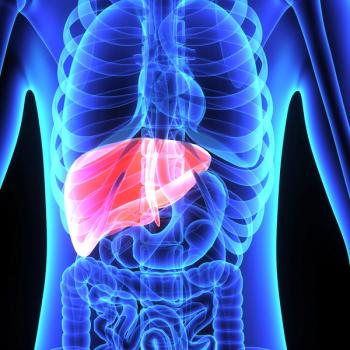
Patients with advanced hepatocellular carcinoma achieved a statically significant and clinically meaningful survival benefit following treatment with pembrolizumab and best supportive care in the second line.
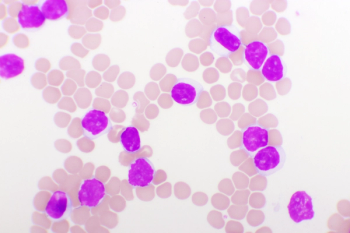
A non inferiority design was presented at ASH 2021 for acalabrutinib plus venetoclax in treatment-naive chronic lymphocytic leukemia or small lymphocytic leukemia.

A post-hoc analysis of a phase 3 trial presented at 2021 ASH indicate that acalabrutinib may be favorable in terms of toxic burden and cardiovascular-related events when compared against ibrutinib for treating chronic lymphocytic leukemia.
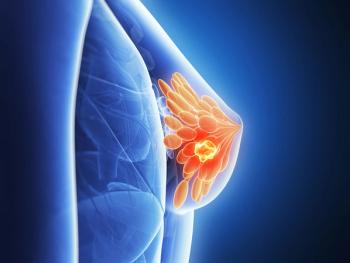
Research from the 2021 San Antonio Breast Cancer Symposium suggests pathologic complete response and event-free survival were not significantly impacted by race for women with high-risk breast cancer who underwent targeted neoadjuvant chemotherapy.
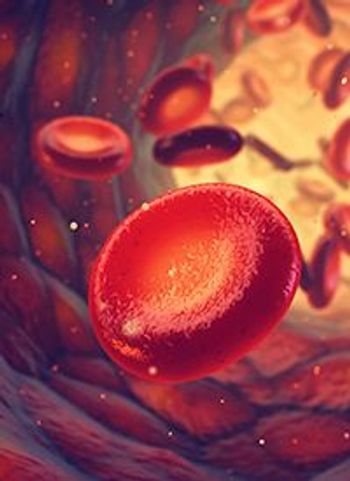
There remains a therapeutic challenge with understanding and treating patients with accelerated myeloproliferative neoplasms.

Published: February 26th 2022 | Updated:
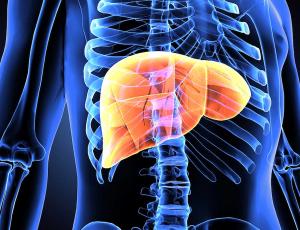
Published: January 22nd 2023 | Updated:

Published: April 13th 2022 | Updated:

Published: December 11th 2020 | Updated:

Published: December 8th 2020 | Updated:
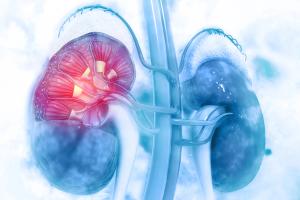
Published: February 12th 2021 | Updated: